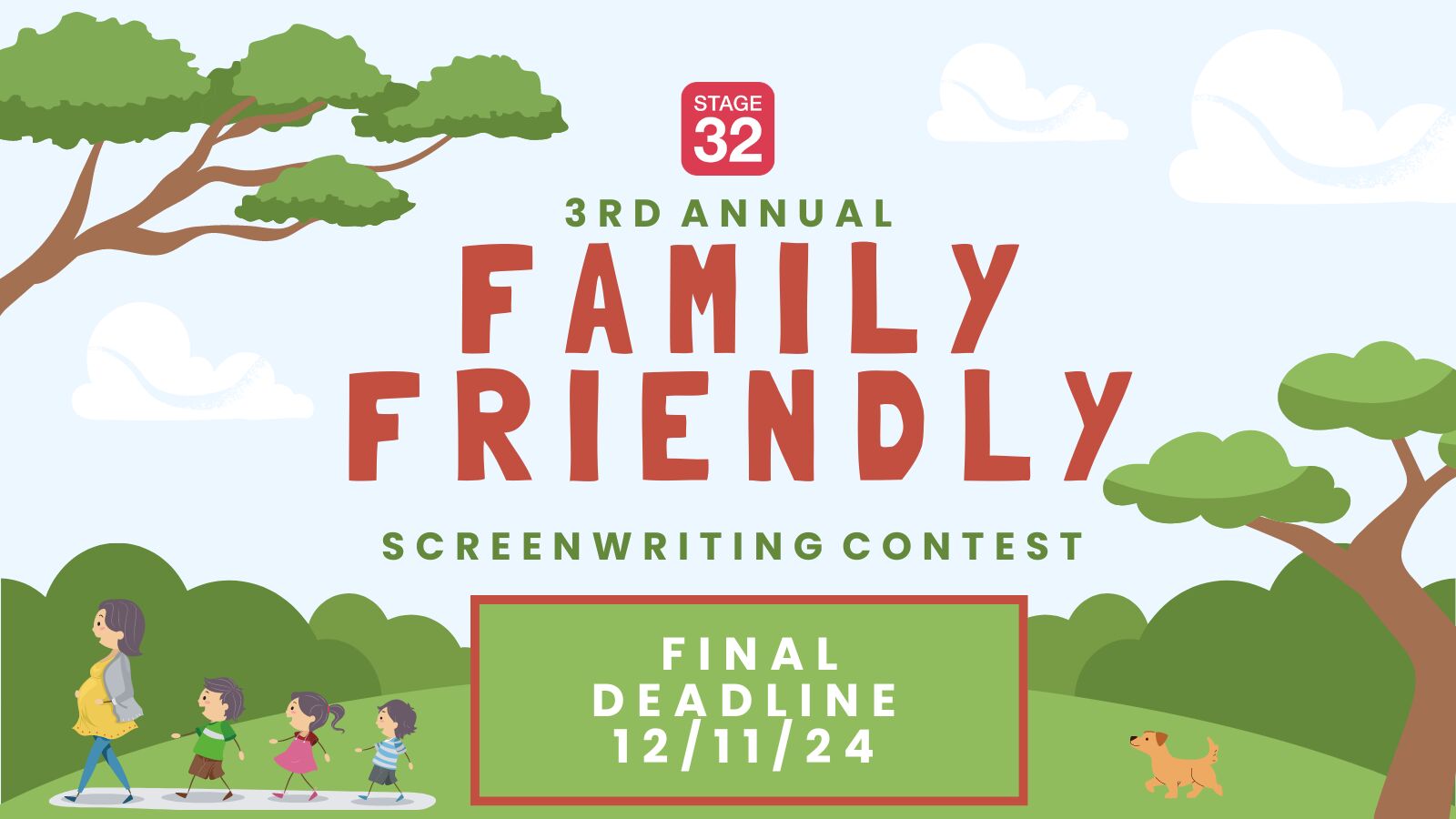As filmmakers, it’s easy to get swept up in the excitement of using every tool at our disposal—dollies, sliders, Steadicams, and more. But does a film really need movement to captivate an audience? Can carefully crafted static shots alone carry the weight of a story? I’d argue yes. Thoughtfully composed static shots, when done right, can be incredibly powerful. After all, it’s the story that matters most.
I recently watched Ida by Paweł Pawlikowski—a stunning film that relies almost entirely on static shots. The stillness creates this profound atmosphere that pulls you in without needing any fancy camera moves. It’s proof that a film doesn’t always need to be in motion to feel alive.
What do you think? Are there films you’ve seen or worked on where static shots felt like the perfect choice? Or do you think movement is essential to create engagement? Let’s discuss!



6 people like this
Of couse there are. But in action films, whatever action, we need (camera) movement.Try to capture the action, the histerical behavior of the crew in "Das Boot" while being attacked by deep water bombs. With static shots it does NOT work! They even used a steadicam running with the crew to get the feel they wanted.
"Actions are grounded in movements. Most of the things we do, we do by producing effects on the objects around us by moving our bodies."
So if you want to capture that MOVEMENT, you want to do that as NATURALLY as possible!
4 people like this
But the finale is often a static shots, so maybe a healthy dose of both?
3 people like this
Sometimes static shots can build the tension. Or, simply using a couple of moving shots in key spots.
3 people like this
100%
2 people like this
I like them both, but movements attract more attention. It's more aesthetic. Obviously what the movie intended.
2 people like this
Stephen Folker THIS WEEKEND I WATCHED HOUSE AT ROCKINGHAN AND CHILDREN'S PLAY | HELPERS AT THE SIDE. GREAT, VERY SOFT THE STORIES. CONGRATULATIONS !!
3 people like this
If you have the right setting, mood, the right actors, you just need to press record. The trick at that point is holding your shot, as it often is.
2 people like this
John January Noble Thank you for viewing my work. Kind words, thanks. Hope you have a fantastic day.
1 person likes this
@Stephen Folker Your welcome !
3 people like this
The early days of cinema did not have anything but a tripod. Movement is another tool for the filmmaker. The Zone Of Interest is the best modern example of the power of cinema with framing, set design and blocking.
2 people like this
Great point Gareth Taylor ! Love it!
3 people like this
agree - my recent short film "big white dog" was shot this way all with a 24 mm lens